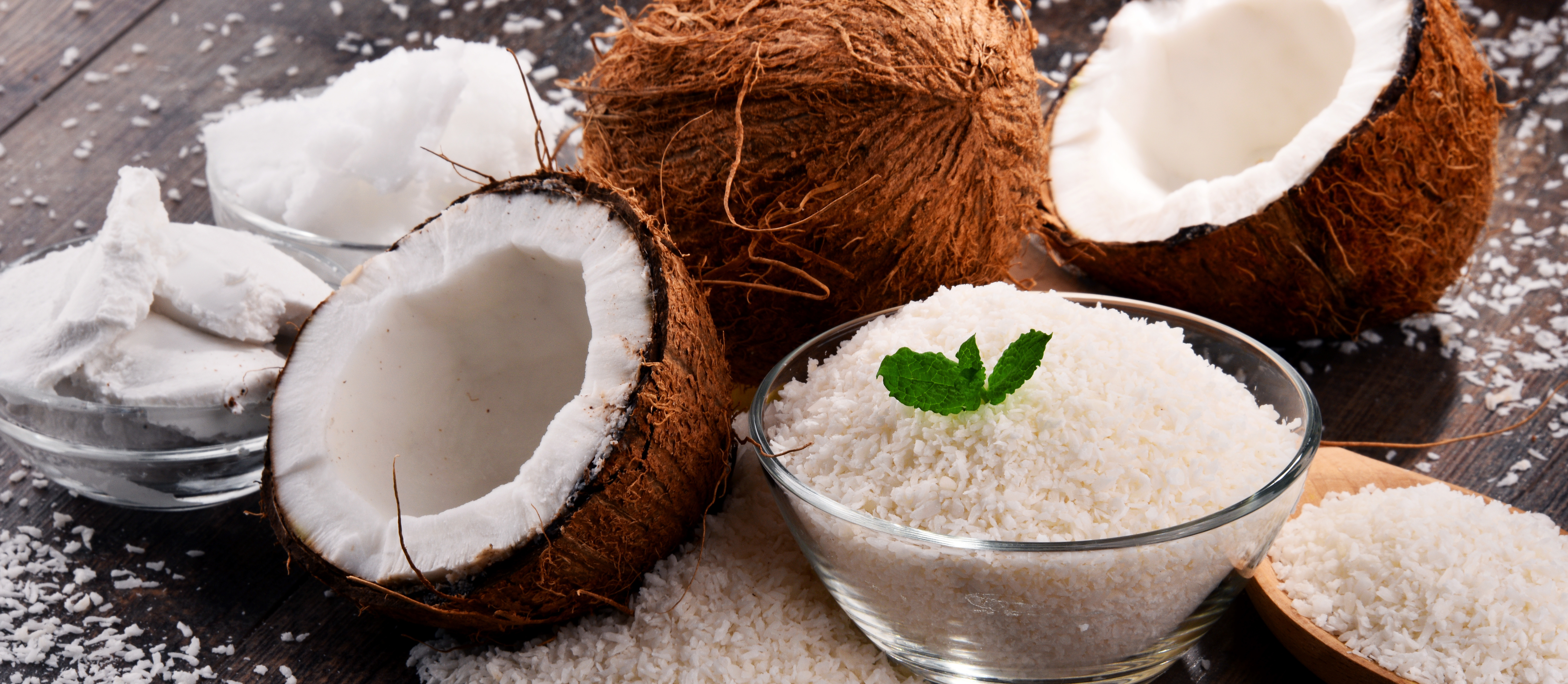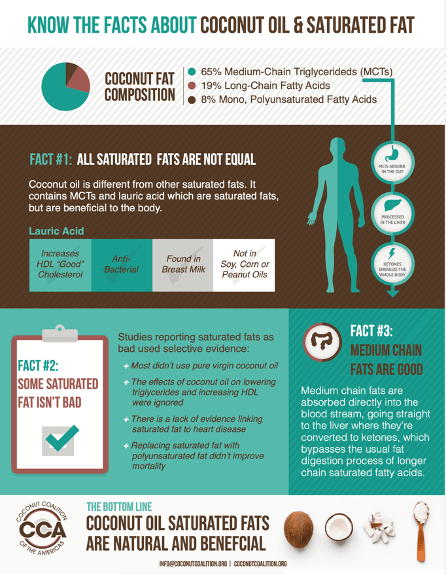
NY Age-Restriction Law Takes Effect
April 22, 2024


 There have been some attacks on coconut oil in recent years due to its saturated fat content, but the research shows that all saturated fats are not equal.
There have been some attacks on coconut oil in recent years due to its saturated fat content, but the research shows that all saturated fats are not equal.
NOTE: WholeFoods Magazine is a business-to-business publication. Information on this site should not be considered medical advice or a way to diagnose or treat any disease or illness. Always seek the advice of a medical professional before making lifestyle changes, including taking a dietary supplement. The opinions expressed by contributors and experts quoted in articles are not necessarily those of the publisher or editors of WholeFoods.